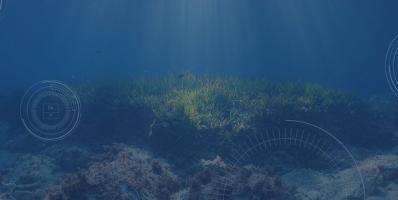CREAF’s Annual Report 2021 is available
CREAF has published its annual report for 2021, which, as every year, summarises all its scientific activity. On this occasion, our centre consolidates its growth and impact in multiple aspects.
In terms of human resources, the center has increased its staff to 224 people, 145 of whom are researchers. Of this team, 4 researchers are once again among the most cited in the ranking prepared by Clarivate Analytics.


